
When was the last time you wrote anything in longhand? Jotting a note, shopping and to-do lists don’t count.
Since writing, no matter what tool we use, is the expression of ideas does the tool you use affect those ideas? If you write out your novel in longhand would the creative process be the same as if you’d clicked it out on a keyboard? Would it be the same story?
Reams have been written (by hand or keyboard?) about the cognitive difference between the two methods. I’ve read articles by neuroscientists who point out the different mental skills each requires; a keyboard is automatic once you’ve learned where each key is and that makes it fast enough to capture a word the second it pops to mind, while handwriting is linked to the creative part of the brain, problem solving and critical thinking. And it takes a bit more time, time for your brain to make more sense of those rapid-fire thoughts. But there’s no denying the ease of the keyboard.
Cursive isn’t taught in schools much anymore so it’s pretty clear we favor the keyboard over pen and paper. Cursive handwriting, where the pen is not raised between characters, has been replaced with learning to use a qwerty keyboard. Are there advanced classes covering the various methods of texting — thumbs versus one-fingered hunt and peck? I could do with that.
A friend of mine died recently. It wasn’t quick or unexpected. I sat down to my keyboard and in 15 minutes clicked out a letter to her husband. There was a lot I wanted to say in as few words as possible and I hoped the words would bring him some comfort. It wasn’t right at all. By the third draft I realized the words might as well have come from Miss Mourning’s Official Book of Sympathy Letters. My words felt clinical. That’s when I took up pen and paper.
I don’t know if it was the weight of the pen in my hand, the feel of the paper or the sight of the words mirroring my thoughts as they appeared beneath my hand. Maybe it was the time the act of writing allowed me to consider before the thoughts appeared as words, but the first handwritten attempt was exactly right. The words were genuine and personal and I knew they would touch my friend’s husband in a good way.
There have been thousands of wonderful writers since the advent of the typewriter — the first keyboard. It’s obvious that the method hasn’t harmed creativity. I do wonder if the works of Louisa May Alcott or Dickens would have been different if they’d had Microsoft Word. (I suspect they’d have loved it for the revisions alone.) Of course there are those contemporary authors like Joyce Carol Oates, who only write in longhand. George R.R. Martin is another. He must have developed Olympian hand muscles by now. The pen trumps the keyboard for some mighty talented writers.
I’m sharing these wandering thoughts because I did learn a lesson with that letter. If you find yourself stuck over a scene, uncertain where to take a plot or floundering over some critical dialog, take up pencil and paper and write it out by hand. There’s a more direct, more personal connection to heart and mind that may well help the right words flow – provided you’ve been taught cursive.
- Author Bio
- Recent Posts
- The Extra Squeeze
- Contact Jenny
-
February 19, 2022
Writers have always given us more than just great entertainment. Throughout the ages storytellers have had a major impact on society.
-
January 19, 2022
A long-term client has an eight-year-old granddaughter who wants to be a writer “just like Grandma”. My client asked me to give this young aspirant some advice about writing.
-
October 19, 2021
I’d love to hear your humorous book suggestions. I’d especially like to read a romance that will make me laugh and sigh with satisfaction.
-
September 19, 2021
We’re so lucky. The English language is like play dough.
Oh yes, we have strict rules of grammar, tense, POV, all the way to the minutia of intransitive verbs.
-
August 19, 2021
This character, Tall T Reynolds, is growing in my mind. I can see him tanned and raw and a bit dusty. I know his world is the 1940’s rural west and I know he’s going to briefly meet Lottie, a beautiful girl in a gleaming open topped coupe. Their brief exchange will never leave his mind. Soon after, Tall T will go off to war in Europe. He and Lottie will meet again in a most unexpected way.

Related
Affiliate Links
A Slice of Orange is an affiliate with some of the booksellers listed on this website, including Barnes & Nobel, Books A Million, iBooks, Kobo, and Smashwords. This means A Slice of Orange may earn a small advertising fee from sales made through the links used on this website. There are reminders of these affiliate links on the pages for individual books.
Search A Slice of Orange
Find a Column
Archives
Featured Books
HEAD TO HEAD
If these two don't kill each other, they might fall in love.
More info →FORGED IN SHADOW
In the chaos of war, not all heroes shine. Some must rise from shadows to claim the light.
More info →A CHRISTMAS SAMPLER: Sweet, Funny, and Strange Holiday Tales
Winner of the 2010 Next Generation Indie Book Awards for Best Short Fiction and Best Anthology
More info →Newsletter
Contributing Authors
Search A Slice of Orange
Find a Column
Archives
Authors in the Bookstore
- A. E. Decker
- A. J. Scudiere
- A.J. Sidransky
- Abby Collette
- Alanna Lucus
- Albert Marrin
- Alice Duncan
- Alina K. Field
- Alison Green Myers
- Andi Lawrencovna
- Andrew C Raiford
- Angela Pryce
- Aviva Vaughn
- Barbara Ankrum
- Bethlehem Writers Group, LLC
- Carol L. Wright
- Celeste Barclay
- Christina Alexandra
- Christopher D. Ochs
- Claire Davon
- Claire Naden
- Courtnee Turner Hoyle
- Courtney Annicchiarico
- D. Lieber
- Daniel V. Meier Jr.
- Debra Dixon
- Debra H. Goldstein
- Debra Holland
- Dee Ann Palmer
- Denise M. Colby
- Diane Benefiel
- Diane Sismour
- Dianna Sinovic
- DT Krippene
- E.B. Dawson
- Emilie Dallaire
- Emily Brightwell
- Emily PW Murphy
- Fae Rowen
- Faith L. Justice
- Frances Amati
- Geralyn Corcillo
- Glynnis Campbell
- Greg Jolley
- H. O. Charles
- Jaclyn Roché
- Jacqueline Diamond
- Janet Lynn and Will Zeilinger
- Jaya Mehta
- Jeff Baird
- Jenna Barwin
- Jenne Kern
- Jennifer D. Bokal
- Jennifer Lyon
- Jerome W. McFadden
- Jill Piscitello
- Jina Bacarr
- Jo A. Hiestand
- Jodi Bogert
- Jolina Petersheim
- Jonathan Maberry
- Joy Allyson
- Judy Duarte
- Justin Murphy
- Justine Davis
- Kat Martin
- Kidd Wadsworth
- Kitty Bucholtz
- Kristy Tate
- Larry Deibert
- Larry Hamilton
- Laura Drake
- Laurie Stevens
- Leslie Knowles
- Li-Ying Lundquist
- Linda Carroll-Bradd
- Linda Lappin
- Linda McLaughlin
- Linda O. Johnston
- Lisa Preston
- Lolo Paige
- Loran Holt
- Lynette M. Burrows
- Lyssa Kay Adams
- Madeline Ash
- Margarita Engle
- Marguerite Quantaine
- Marianne H. Donley
- Mary Castillo
- Maureen Klovers
- Megan Haskell
- Melanie Waterbury
- Melisa Rivero
- Melissa Chambers
- Melodie Winawer
- Meriam Wilhelm
- Mikel J. Wilson
- Mindy Neff
- Monica McCabe
- Nancy Brashear
- Neetu Malik
- Nikki Prince
- Once Upon Anthologies
- Paula Gail Benson
- Penny Reid
- Peter Barbour
- Priscilla Oliveras
- R. H. Kohno
- Rachel Hailey
- Ralph Hieb
- Ramcy Diek
- Ransom Stephens
- Rebecca Forster
- Renae Wrich
- Roxy Matthews
- Ryder Hunte Clancy
- Sally Paradysz
- Sheila Colón-Bagley
- Simone de Muñoz
- Sophie Barnes
- Susan Kaye Quinn
- Susan Lynn Meyer
- Susan Squires
- T. D. Fox
- Tara C. Allred
- Tara Lain
- Tari Lynn Jewett
- Terri Osburn
- Tracy Reed
- Vera Jane Cook
- Vicki Crum
- Writing Something Romantic
Affiliate Links
A Slice of Orange is an affiliate with some of the booksellers listed on this website, including Barnes & Nobel, Books A Million, iBooks, Kobo, and Smashwords. This means A Slice of Orange may earn a small advertising fee from sales made through the links used on this website. There are reminders of these affiliate links on the pages for individual books.





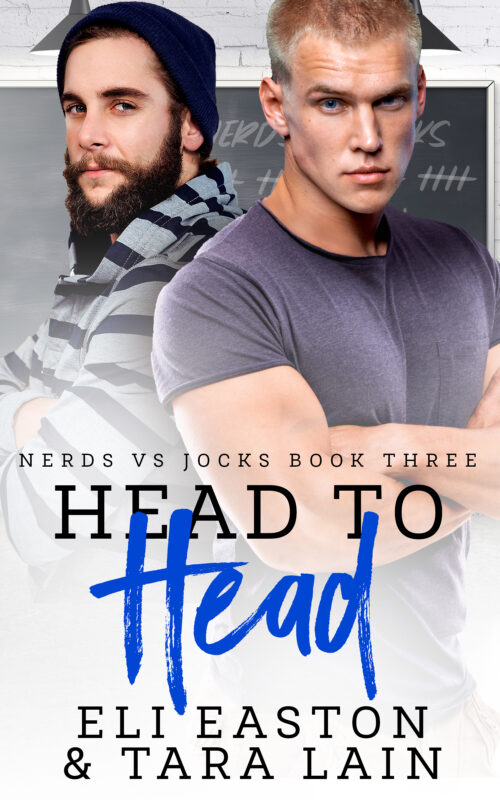


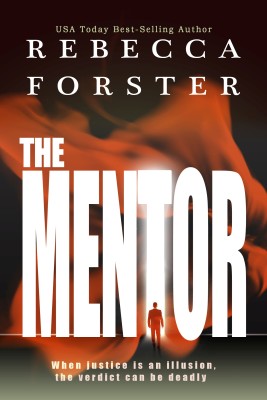
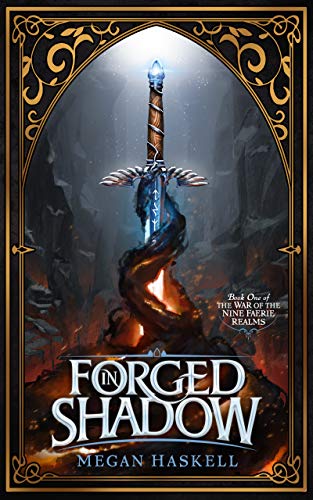




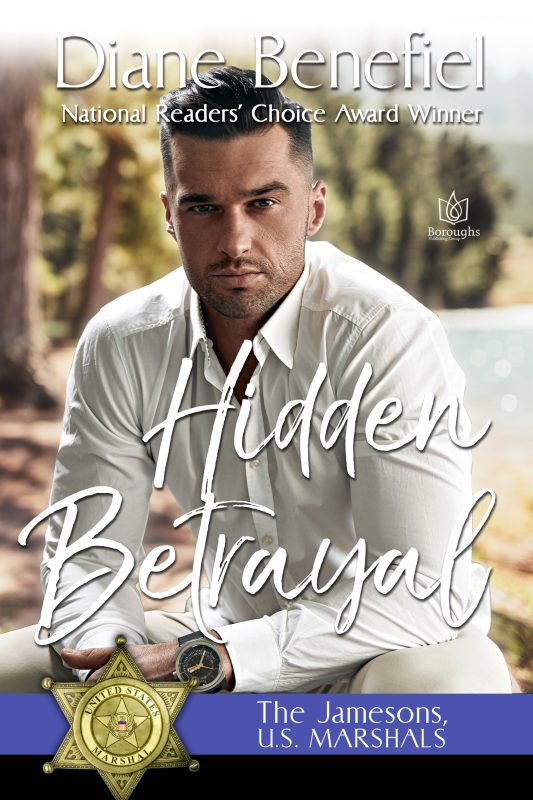


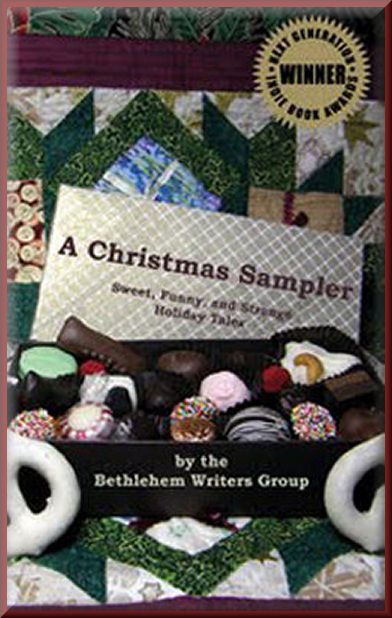



























I prefer to write in pen, and do have complete manuscripts handwritten. I am however much faster on the keyboard. I no longer write the complete manuscript in pen, but I do start with pen and paper, and occasionally will write a scene that I’m struggling with in longhand. I agree that it changes my writing, there’s something more personal, more intimate about writing by hand, something more romantic.
But, what I want to know is if my editor will accept my hand written manuscript??? 🙂
Tari Lynn Jewett
Eeek! Tari no! Editing a handwritten manuscript would require use of a part of my brain that atrophied decades ago.
Though I can recognize in your work that you put in pen to paper thought! One feels it.